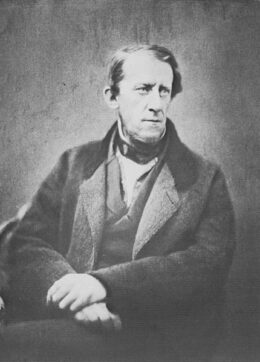
Printed
35 pages
Author(s)
Das Glück ist blind
With this play, Franz von Pocci delivers to the public a fairy tale in the style of an author whom he himself particularly appreciated, the Viennese playwright Ferdinand Raimund (1790-1836). Das Glück ist blind reflects the Central European burlesque tradition, mixing marvelous and satirical registers, allegorical and trivial subjects with an all but blind happiness.
A poor man gets rich without being able to find happiness
Incarcerated for his debts, Casperl is freed from prison by a small child, Capricerl, who is the guide of Fortuna, the blind goddess. While being pursued, Casperl finds refuge with Klaus, a hermit who reveals himself to be the Devil. However, Fortuna bet against Bios, the genie of life, that her gifts could make someone happy: Casperl will be her guinea pig. She repels the Devil and makes Casperl win the lottery. But the newly rich man is tyrannical and angry to the point of becoming sick. He goes so far as to miss the simple and modest life he once had, and curses his fortune. The goddess understands her defeat and brings him back to his normal self. Casperl goes to the inn.
Other titles
First performance
Münchner Marionettentheater
Publications and translations
Franz Pocci : Lustiges Komödienbüchlein, viertes Bändchen. München, J. J. Lentner, 1871
Franz von Pocci : Lustiges Komödienbüchleien 4, edition monacensia, , hrsg. von Ulrich Dittmann, München, Allitera Verlag, 2008
